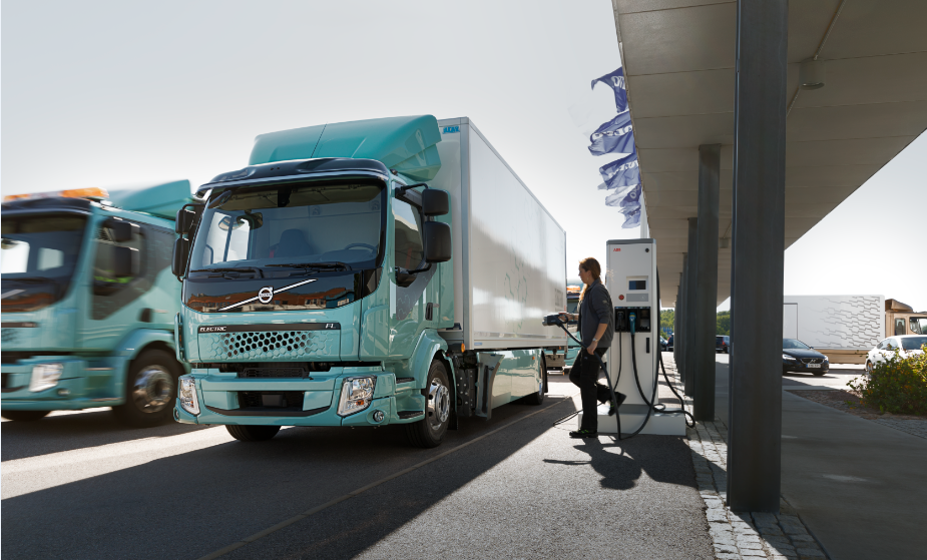
Strategy for a sustainable battery value chain
A global industrial race is underway in the wake of the accelerating electrification of the vehicle fleet. Highperformance, rechargeable lithium-ion batteries that are sustainably produced are central to the development of the entire transport and energy system and are needed in much greater volumes than can be produced today.
To meet European demand, at least about 20-30 new large-scale plants for the production of battery cells are necessary. This requires investments in the order of EUR 100 billion in the EU over the next decade.
Sweden has a strong position, with access to raw materials, cheap and fossil-free electricity, expertise and policy instruments that promote continued electrification with high environmental requirements. In addition, Sweden has strong actors along the entire value chain, from recycling and mining to the manufacture of active materials, complete battery cells and battery packs, to applications in the automotive industry as well as in the power system.
The development of sustainable battery production is not only important for achieving climate goals, but also enables the emergence of a competitive industry that creates growth and jobs throughout the battery value chain.
The national strategy for a sustainable battery value chain is developed by the government initiative Fossil Free Sweden in cooperation with EIT InnoEnergy who also developed the foundation of the European Battery Strategy for the European Commission.
The strategy is supported by actors from the entire value chain as well as universities and environmental organisations.
The strategy was submitted to the Government represented by Deputy Prime Minister and minister of environment and climate Isabella Lövin, and Minister for Business, Industry and Innovation, Ibrahim Baylan on 2 December 2020.
Prioritized recommendations
Stimulate demand for and use of sustainable batteries.
- Accelerate the transition of the transport system through continued expansion of charging infrastructure for passenger cars, buses and freight services as well as for aviation, shipping, working machinery and industrial battery solutions.
- Stimulate battery storage in households and electricity grids
Create conditions for the development of a sustainable battery value chain in Sweden.
- Develop financing models for larger, sustainable companies through green financing and risk sharing.
- Support trials of both technical and business
innovations as well as new regulations. - Contribute to attracting investments to Sweden and the Nordic region.
Create conditions to enable the mining industry and the recycling industry to contribute with sustainably produced raw materials.
- Create conditions to enable the mining industry to contribute to a more sustainable battery industry.
- Stimulate extraction and recovery of secondary raw materials for increased circular material flows.
- Create criteria for sustainable and traceable batteries through advocacy and collaboration in the development of sustainability criteria for batteries.
Invest in research, innovation and education for skills development.
- Investments in increased skills and skills reorientation.
- Attract and retain international cutting-edge expertise in Sweden.
- Develop skills and training clusters close to the battery industry to create synergies.
Implement and follow up the action proposals through broad collaboration throughout the battery value chain.
- Marketing of batteries as a sustainable industry in Sweden to attract investment and increase export.


